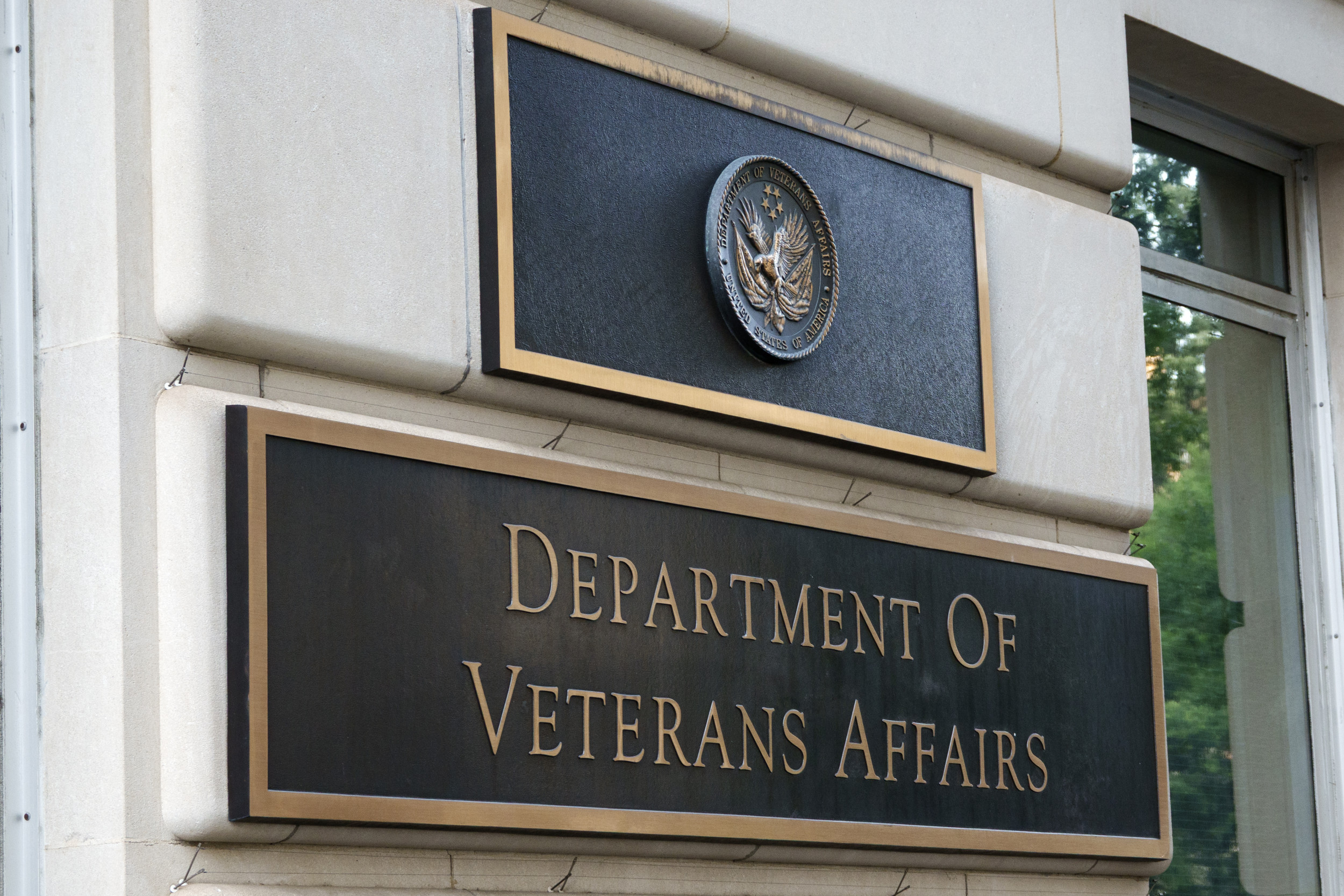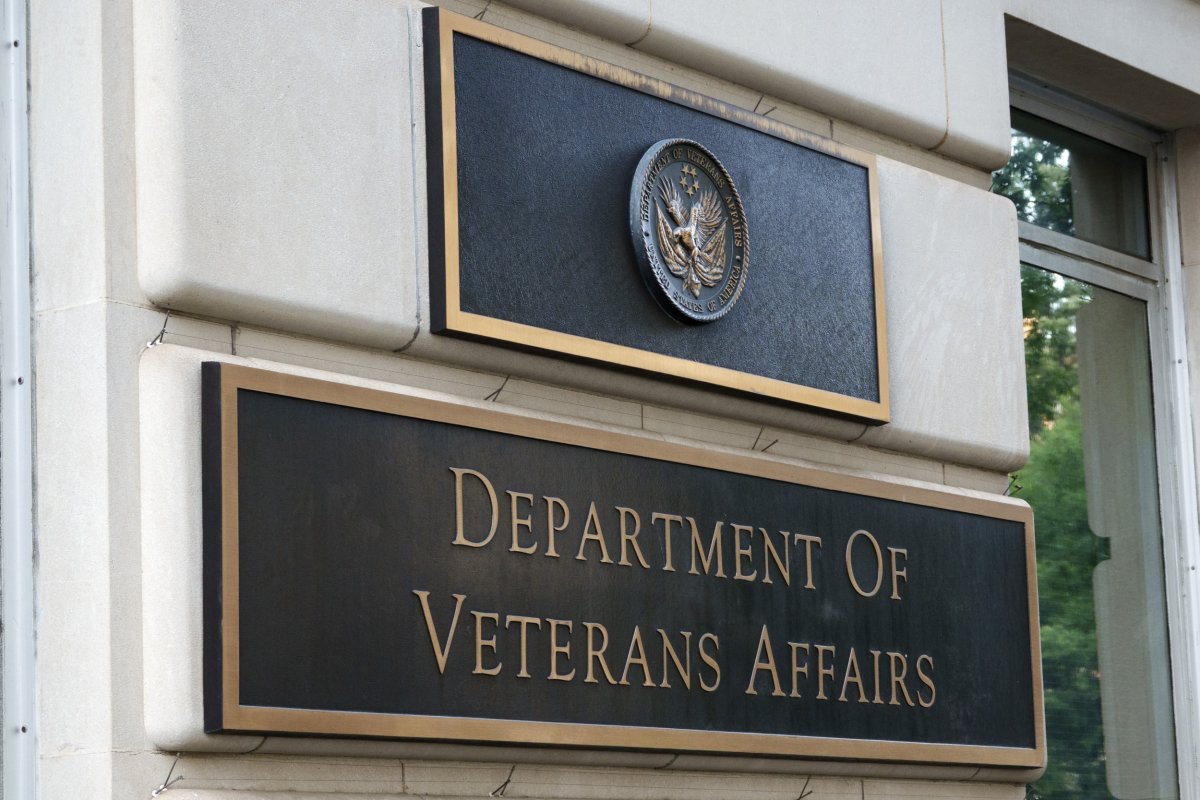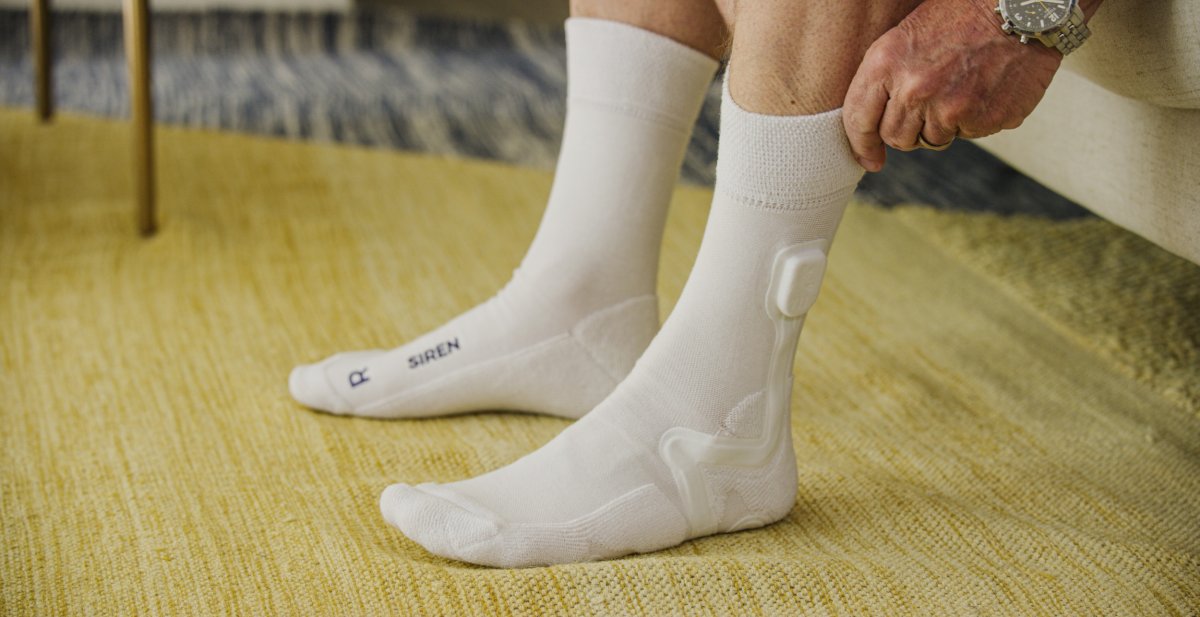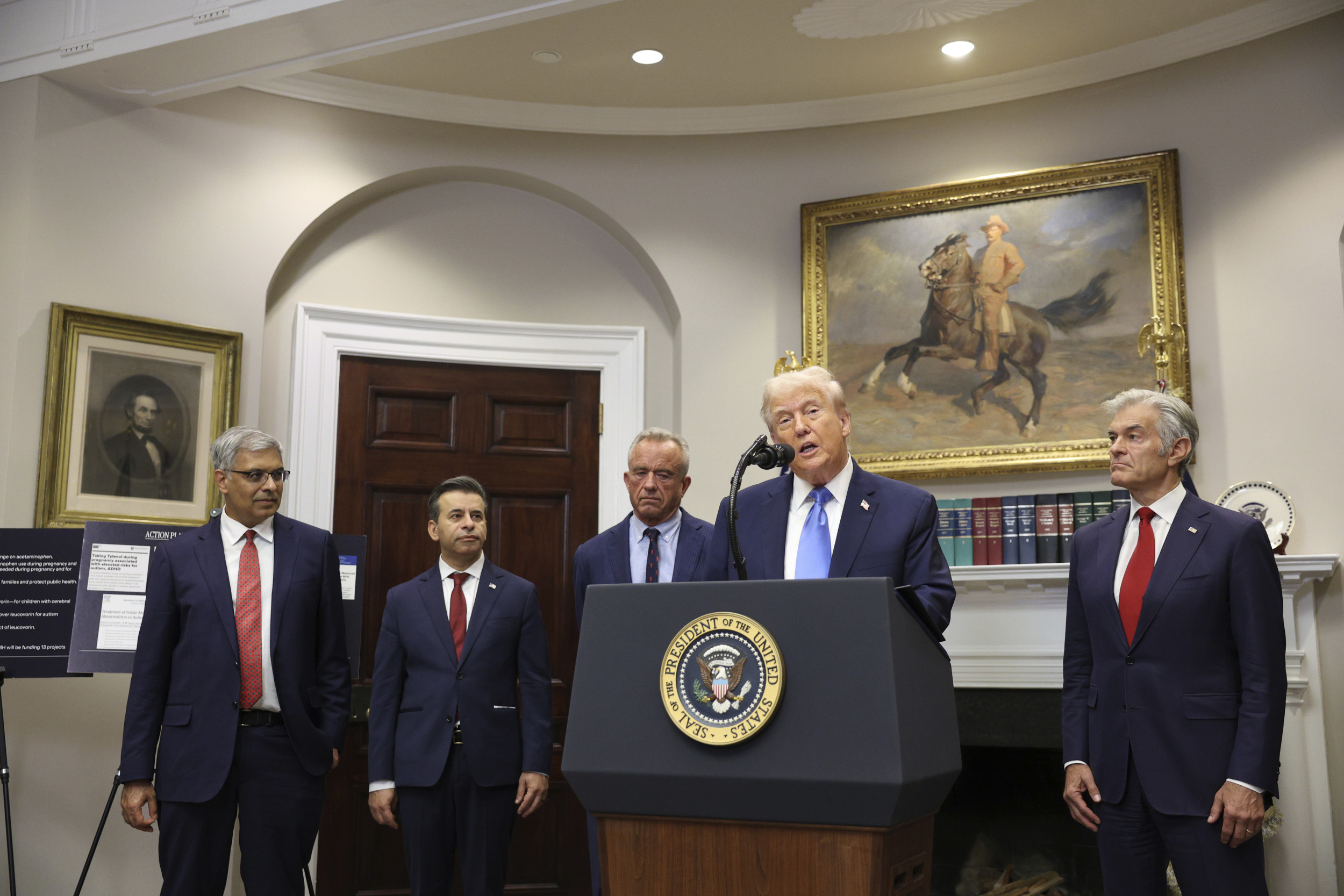
Diabetes mellitus, commonly just known as diabetes, remains a significant issue for many veterans, prompting innovative approaches to treating what can be a deadly condition if not closely monitored and treated, an expert has told Newsweek.
“One in four veterans have some form of diabetes,” Chris Lovell, a retired major from the U.S. Marine Corps. (USMC) explained. “That’s about 2.4 million veterans that have some form of diabetes—Type 1 or Type 2.”
Why It Matters
The number Lovell cited refers is the total number of veterans registered with U.S. Department of Veterans Affairs (VA), which is a little over half of the roughly 15.8 million total US. Military veterans in the United States, according to a 2023 article by U.S. News & World Report.
The VA confirmed that prevalence of diabetes among veterans, telling Newsweek that it is a higher rate than in the general U.S. adult population due to “demographic factors and health risks associated with service experiences.”
Those experiences, according to Lovell, vary widely depending on the service of the veteran: He noted that a link exists between Type 2 diabetes and the notorious Agent Orange, which was as a chemical agent used in the Vietnam War, saying, “so the Vietnam veteran population, they were exposed to Agent Orange, there’s link to Type 2 diabetes and the VA recognizes that.”
On the VA website, the agency notes that veterans who develop Type 2 diabetes and were exposed to Agent Orange or “other herbicides” during their service “do not have to prove a connection between their diabetes and service to be eligible to receive VA health care and disability compensation.”

Kevin Carter/Getty Images
What To Know
Lovell’s company, Lovell Government Services, partnered with Siren to develop technology to monitor diabetes and help veterans remain on top of their needs and condition.
The treatment options for diabetes mostly require meticulous management of lifestyle. The VA told Newsweek that the agency provides comprehensive, evidence-based approaches to diabetes care, including lifestyle and self-management support, medications, tech-based monitoring methods, and team-based care.
The agency has also looked at GLP-1 treatments, such as semaglutides [medication], “when clinically appropriate, consistent with VA’s national formulary and evidence-based prescribing criteria.”
“These medications are available across the system and play an important role in managing diabetes and reducing cardiovascular risk,” the VA said.
The main symptom of diabetes is an inability to regulate blood sugar levels, which can produce a range of additional symptoms, such as excessive weight gain, which then feeds into a vicious cycle exacerbating those symptoms.
“Veterans are doing—it’s a physical, it sounds like you’re an athlete to be honest with you,” Lovell explained.
“They’re carrying weight, whether it’s a pack or just equipment, they’re doing that, repetitively…you get back pain, you get joint damage, and so later in life, that can lead to physical inactivity, and if you’re not active, because your joints hurt or your back hurts, well, you’re going to gain weight, you’re going to have the risk of developing diabetes,” he said.

Lovell Government Services
And that’s where Siren’s system comes into play. One of the more serious symptoms of diabetes is foot ulcers, which can go largely unnoticed, turn into a blister, and develop into gangrene or sepsis before requiring an amputation.
Siren asserts on its website that over 100,000 amputations are carried out because of diabetes every year, and to combat that issue, the company developed specialized socks, which automatically alert users to any potential foot ulcers thanks to a team that monitors early signs before they turn into wounds.
“We know that the variation in temperature…over a period of hours, if we determine that could be a problem, we’re going to alert the VA clinicians, podiatrists, so they can check the patient to prevent that from happening,” Lovell said.
Adoption of such innovative methods has been slow, but Lovell praised VA Secretary Doug Collins, saying that since he’s “taken the helm, I’ve seen a lot of rapid improvement on things…like the backlog of VA claims for disability compensation, I’ve seen that backlog drop in half in less than six months.”
What People Are Saying
Chris Lovell, a retired USMC major and founder of Lovell Government Services, told Newsweek: “You have this huge organization constantly taking care of veterans, and by and large doing a great job. It’s just that to focus on this issue, I think, for the VA, no one has taken this mantle on to say, OK, this is a problem, we’re going to attack this from the viewpoint of diabetes.”
“I think what they’ve been doing is they do reactive care—you’ve got some kidney issues because of your diabetes, you go see a nephrologist; if you’re having a diabetic foot ulcer because of the diabetes, you go see a podiatrist, but I think the collective, comprehensive idea that we’re going to focus on diabetes, I think hasn’t happened.”
“The good news is the VA has been receptive to our conversations about diabetes and ways to prevent limb loss and everything else like that,” Lovell added.




